Francis calls for the revitalization of the integration process taking into account historical, cultural and identitarian avenues. However, memory does not require “automatic replication.” Rather, it demands creative, unprecedented and courageous pages in response to fears and nationalisms present throughout the Old Continent

“I am thinking of a Europe that is free of selfish brands of nationalism”, “whose unity is based on true freedom.” “I am thinking of a Europe that is united thanks to the work of the young.” The Europe “I have in mind is a political, indeed, a spiritual unit in which Christian politicians of all countries act with an awareness of the human riches that faith brings.” With these thoughts, on March 23 2004, nine months after the publication of the apostolic exhortation “Ecclesia in Europa” (June 28 2003), John Paul II received the International Charlemagne Prize. Addressing himself to Linden, the mayor of Aachen, he said: “This is the dream I carry in my heart and which I would like on this occasion to entrust to you and to the future generations.” Twelve years later Pope Francis is the new recipient of the prestigious European award. Upon his return from the recent apostolic visit to Mexico the Holy Father explained the reason for favourably accepting this recognition: “I offer it for Europe, as a co-decoration for Europe, a prize so that Europe may do what I desired at Strasburg; that it may no longer be ‘grandmother Europe’ but ‘mother Europe.’” Then, referring to an expression he had appreciated, he added, “the re-foundation of the European Union.” Speaking impromptu Bergoglio pointed out: “but today where is there a Schuman, an Adenauer, these great ones who founded the European Union in the post-war years.
I like this idea of the re-foundation of the European Union, I wish it were possible!
Because Europe — I do not say is unique, but it has a force, a culture, a history that cannot be wasted, and we must do everything so that the European Union has the strength and also the inspiration to make it go forward.” Pope Francis’ reflection on the “fathers” of Europe was not inspired by a feeling of nostalgia, but rather by his concern over the gradual dissolution of a European political thought. After the darkness of Nazi and fascist barbarism Europe is experiencing a new form of obscurity. The “fathers” are no longer there. Their sons and daughters, notwithstanding the many exceptions, have failed to understand the value of that cultural and spiritual legacy. The grandchildren, overwhelmed by the vortex of globalization, were left without a point of reference, stripped of European memory and pedagogy.
We are lacking a European history that extends beyond national histories to become the history of the process leading to the creation of the “common home.”
After the first years, the path of the Community process was interrupted, and thus the “re-foundation” called for by Pope Francis gives renewed thrust to the European project. Will we able to accept it whilst ignoring the responsibilities and the destiny of Europe at a time marked by the globalization of confusion and fear? Will it be possible to meet this challenge ignoring the fact that memory does not entail automatic reproductions but rather creative new pages? Such questions are addressed especially to the young. These young people exist, let it suffice to think of Erasmus, to their manifold inter-cultural experiences in Europe and worldwide. The new generations can turn Europe into a workshop of innovation, coexistence, bringing together cultural, national, ethnic and religious diversities. John Paul II yesterday, and Pope Francis today, have not doubts: young people should be the protagonists of the re-foundation of Europe.
However, there is no more time to waste, and adults can no longer escape their educational responsibilities at a time when the European Union is grasping for breath and nationalisms seek to impose themselves as the effective treatment.